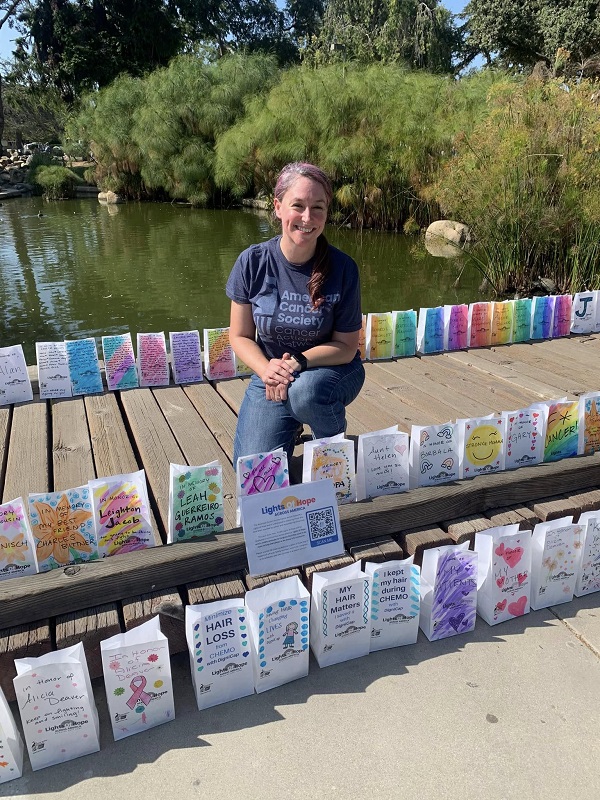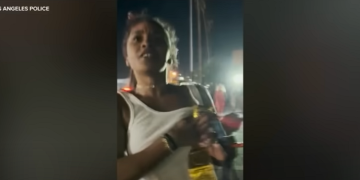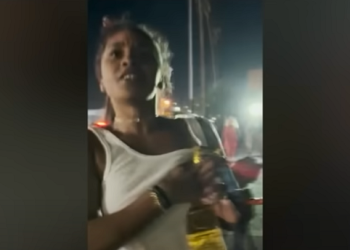
The California Supreme Court Thursday found “insufficient evidence” to support a special circumstance allegation that had sent a man to prison for life without the possibility of parole for being the getaway driver in a botched robbery at a medical marijuana clinic in Los Angeles where a security guard was shot to death.
The state’s highest court ordered the case against Lovie Troy Matthews to be sent back to Los Angeles Superior Court for re-sentencing, but it was not immediately clear how long of a sentence he could now face.
Matthews was convicted of first-degree murder, attempted robbery and commercial burglary.
Jurors had also found true a special circumstance allegation that Noe Campos Gonzales was murdered during the commission of an attempted robbery or burglary.
But the California Supreme Court unanimously found that “the evidence was insufficient as a matter of law to support the special circumstance” against Matthews, ruling that he “cannot qualify as a major participant” in the Oct. 1, 2008, killing of Gonzales at the La Brea Collective and that “the evidence was insufficient as a matter of law to support the special circumstance, and Matthews is statutorily ineligible for life imprisonment without parole.”
In a 28-page ruling, Associate Justice Kathryn M. Werdegar wrote on behalf of the panel that “there was substantial evidence to show Matthews acted as the getaway driver for an armed robbery” and that jurors “could infer from Matthews’ movements that he dropped his confederates off near the dispensary” and then waited three blocks away for about 45 minutes.
“During the robbery and murder, Matthews was absent from the scene, sitting in a car and waiting. There was no evidence he saw or heard the shooting, that he could have seen or heard the shooting, or that he had any immediate role in instigating it or could have prevented it,” Werdegar wrote, with the other six justices concurring in the ruling.
“There was evidence from which the jury could infer Matthews knew he was participating in an armed robbery. But nothing at trial supported the conclusion beyond a reasonable doubt that Matthews knew his own actions would involve a grave risk of death,” the Supreme Court justices found in the ruling.
The California Supreme Court agreed to hear the case against Matthews to determine if the evidence was sufficient to show he was a “major participant” after a three-justice panel from California’s 2nd District Court of Appeal rejected the defense’s contention that Matthews did not know that co- defendants — Leon Banks, Brandon Daniels and David Gardiner — were going to commit a robbery.
The California Supreme Court refused to hear the case against Banks — the gunman — and Daniels, who was a “Los Angeles Top 10 Most Wanted” fugitive when he was arrested in 2010 in connection with Gonzales’ killing. Both men are serving life in prison without the possibility of parole.
Gardiner — who was arrested in July 2009 — pleaded no contest in April to first-degree murder and was sentenced to 45 years to life in state prison. He has not filed an appeal.





















